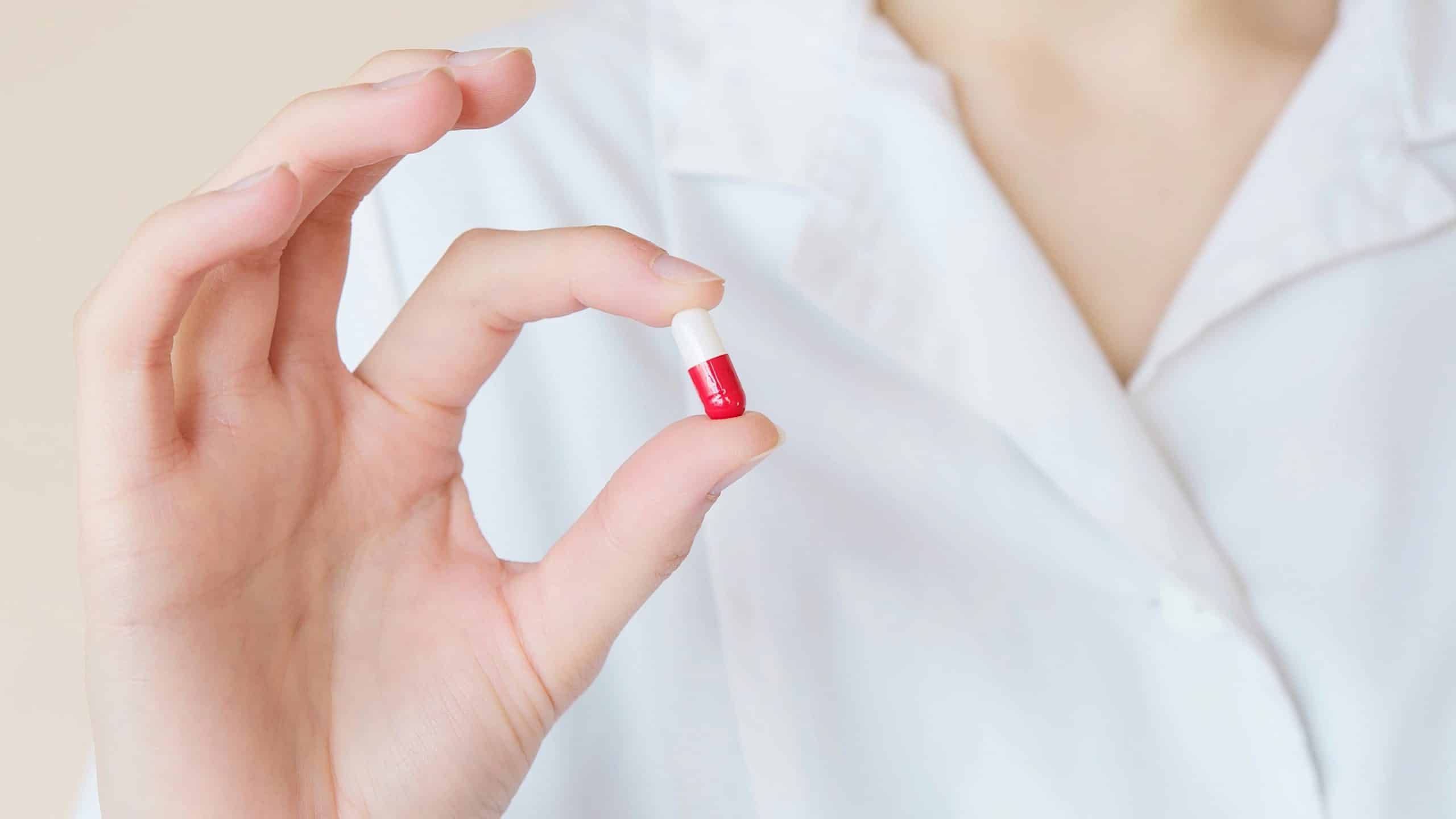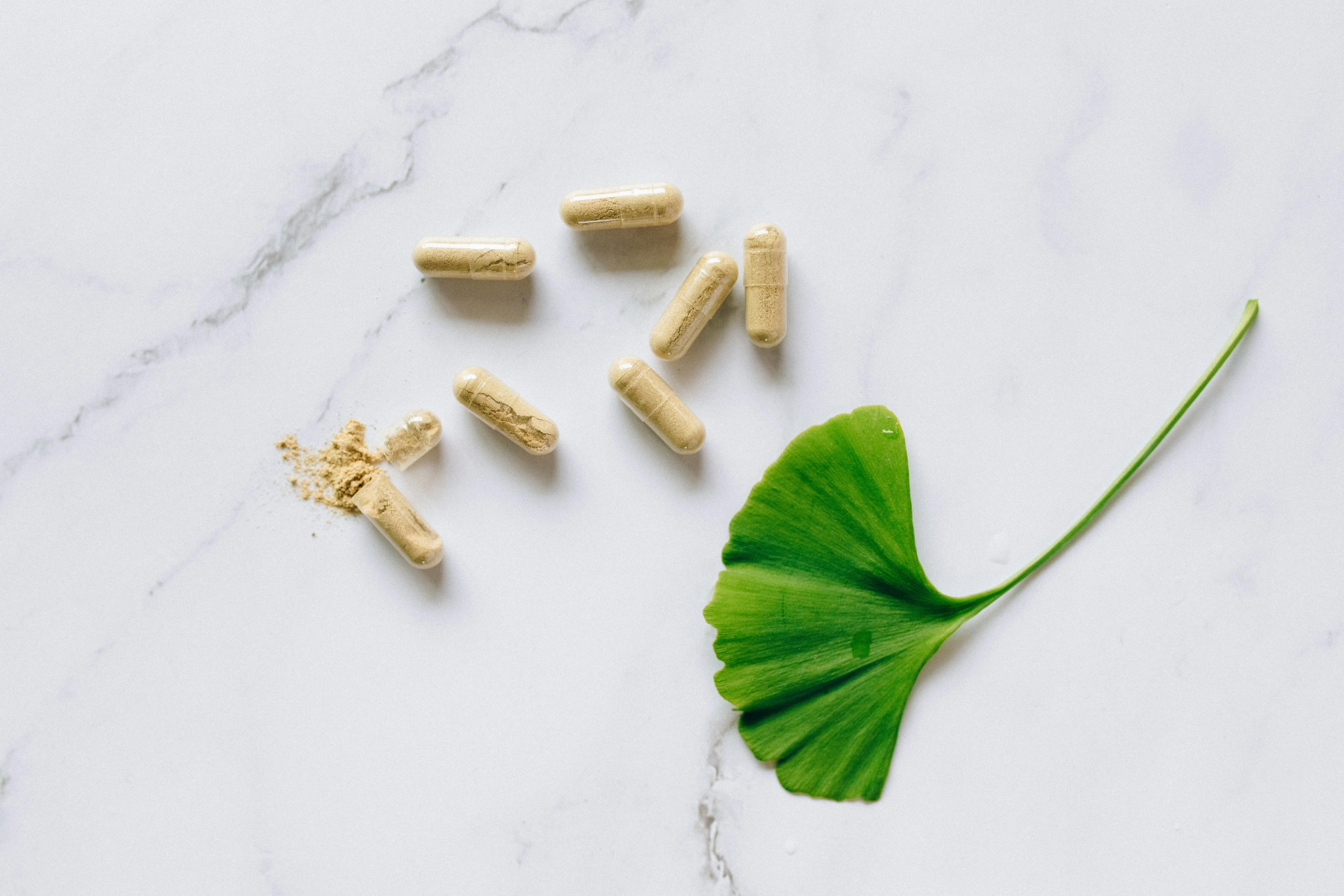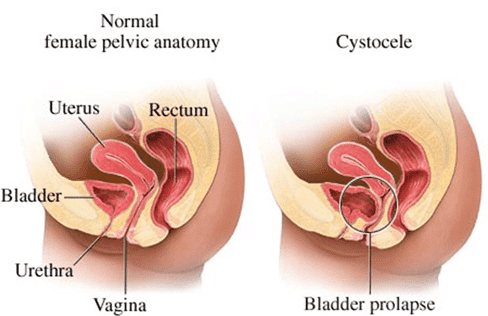Let's face it, dealing with a dog's rectal prolapse may not be the most pleasant topic to discuss, but it's a reality that many pet owners face. The good news is that there are natural solutions available to help alleviate the discomfort and promote healing for your beloved furry friend. From dietary adjustments to herbal remedies, in this article, we will explore the range of natural solutions for dog rectal prolapse, providing you with valuable information to ensure your pet's well-being and comfort.
Causes of Dog Rectal Prolapse
Constipation
Constipation is a common cause of dog rectal prolapse. When your furry friend is constipated, the hard stool can cause strain on the rectal tissues, leading to prolapse. It is important to monitor your dog's bowel movements and ensure they are not experiencing any discomfort or difficulty in passing stool.
Straining during defecation
Similar to constipation, straining during defecation can put excessive pressure on the rectum, potentially causing it to prolapse. This can occur if your dog is trying to pass a large or hard stool. It is essential to pay attention to your dog's defecation habits and take appropriate action if you notice any signs of straining.
Diarrhea
While constipation can contribute to rectal prolapse, diarrhea can also be a culprit. The frequent passing of loose or watery stool can irritate the rectal tissues and increase the risk of prolapse. It is crucial to address any episodes of diarrhea promptly to prevent further complications.
Intestinal parasites
Certain intestinal parasites, such as worms, can cause inflammation and irritation in the digestive tract. This irritation can make the rectal tissues more vulnerable to prolapse. Regular deworming and preventive measures against parasites can help reduce the risk of rectal prolapse in your dog.
Symptoms of Dog Rectal Prolapse
Visible protrusion from the rectum
One of the most noticeable signs of rectal prolapse in dogs is the protrusion of the rectal tissues outside the anus. You may see a reddish or pinkish mass hanging out from the rectum. It is important not to try to push this back inside yourself, as it can lead to further complications.
Bleeding
Rectal prolapse can cause bleeding, which may be evident on the protruded tissue or in the dog's stool. If you notice any signs of blood, it is essential to seek veterinary attention promptly to assess the severity of the condition.
Licking or biting the area
Dogs may exhibit signs of discomfort or pain by excessively licking or biting the rectal area. This behavior is their way of trying to relieve the discomfort caused by the prolapse. It is crucial to prevent your dog from further irritating the area to avoid aggravating the condition.
Difficulty defecating
Rectal prolapse can interfere with your dog's ability to pass stool comfortably. You may notice that they are straining, experiencing pain, or having difficulty defecating. It is crucial to address these symptoms promptly to alleviate any discomfort and prevent further complications.

This image is property of images.pexels.com.
Immediate Care for Dog Rectal Prolapse
Keep the area clean
Maintaining proper hygiene is essential when dealing with a rectal prolapse in your dog. You can gently clean the protruded tissues with a moist, warm cloth or a mild antiseptic solution recommended by your veterinarian. Be gentle to avoid causing any additional trauma or discomfort to your dog.
Apply a moist, warm compress
To help reduce swelling and discomfort, you can apply a moist, warm compress to the prolapsed rectal tissues. This can be done by soaking a clean cloth in warm water and gently placing it on the affected area. Ensure that the compress is warm but not too hot to avoid burning your dog's sensitive skin.
Do not attempt to push the prolapse back inside
It is essential to resist the urge to push the prolapsed rectal tissues back inside the anus yourself. This can result in further damage or trauma to the tissues and potentially worsen the condition. Instead, seek immediate veterinary attention to ensure proper evaluation and treatment.
Consulting a Veterinarian
Schedule a veterinary appointment
Once you have observed any symptoms of rectal prolapse in your dog, it is crucial to schedule a veterinary appointment as soon as possible. A professional evaluation is necessary to determine the severity of the prolapse and determine the appropriate course of action.
Undergo a physical examination
During the veterinary appointment, your dog will undergo a thorough physical examination. The veterinarian will closely examine the rectal area to assess the extent of the prolapse and look for any underlying causes or complications.
Discuss treatment options
After the physical examination, the veterinarian will discuss the available treatment options with you. The recommended treatment will depend on the severity of the prolapse, the cause, and the overall health of your dog. Surgical intervention may be necessary in some cases, while others may be treatable through non-invasive methods.

This image is property of images.pexels.com.
Natural Remedies for Dog Rectal Prolapse
High-fiber diet
A high-fiber diet can help regulate your dog's bowel movements and reduce the risk of both constipation and diarrhea, common causes of rectal prolapse. Incorporate fiber-rich foods into their meals, such as whole grains, vegetables, and fruits. Additionally, you can add canned pumpkin to their meals or include cooked sweet potatoes or broccoli.
Stool softeners
If your dog is prone to constipation, a veterinarian-recommended stool softener may be beneficial. These medications can help make the stool easier to pass, reducing the strain on the rectal tissues. Ensure to follow the dosage instructions provided by your veterinarian and monitor your dog's stool consistency.
Herbal supplements
Certain herbal supplements can help promote rectal tissue health and prevent prolapse. Slippery elm bark powder, aloe vera juice, marshmallow root, and chamomile are examples of herbs with potential benefits. However, always consult your veterinarian before introducing any herbal supplements to your dog's routine to ensure their safety and effectiveness.
Probiotics
Probiotics can play a crucial role in maintaining your dog's digestive health. They help promote the growth of beneficial bacteria in the gut, which can aid in proper digestion and prevent gastrointestinal issues. Choose a high-quality canine probiotic and follow the recommended dosage provided by your veterinarian.
Final Thoughts
Rectal prolapse is a distressing condition for both dogs and their owners. However, with prompt veterinary attention and appropriate care, it can be effectively managed. It is important to address any symptoms of rectal prolapse in your dog, provide immediate care as outlined, consult a veterinarian, and explore natural remedies to support their overall digestive health. By taking proactive measures, you can help ensure your furry friend's comfort and well-being.

This image is property of images.pexels.com.


